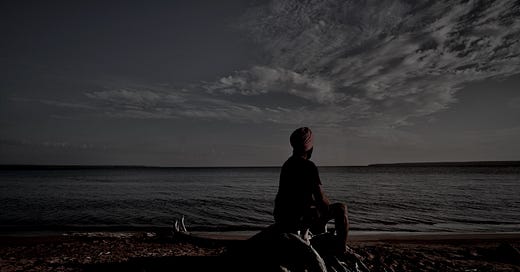What Would Have Happened if Animals Had Developed Their Own Religions, Countries, and Cultures?
Instead of using intelligent minds to share joy and positivity, humans often use their thinking abilities to create division and harm.
What would have happened if our lovely animals had developed their own religions, countries, and cultures? Imagine a world where animals, like humans, had established their own nations, followed different belief systems, and created distinct cultural identities. The world would hav…
Keep reading with a 7-day free trial
Subscribe to The Gurdeep Magazine to keep reading this post and get 7 days of free access to the full post archives.




